Description
Purple tea is a unique variety of Camellia sinensis, the same plant from which green, black, white, and oolong teas are derived. What sets purple tea apart is its distinctive purple-colored leaves, which contain high levels of anthocyanins, the same antioxidants found in purple fruits like blueberries and grapes. Here are some key aspects of purple tea:
- Origin: Purple tea originates from the high-altitude regions of Kenya, particularly in the Nandi Hills and Mount Kenya regions. It is a relatively new tea variety, cultivated from naturally occurring purple tea bushes discovered in the area.
- Anthocyanin Content: Purple tea owes its unique purple color to the presence of anthocyanins, which are potent antioxidants known for their health-promoting properties. Anthocyanins have been linked to various health benefits, including reducing inflammation, supporting cardiovascular health, and protecting against oxidative stress.
- Flavor Profile: Purple tea has a smooth and mild flavor profile, with hints of floral and fruity notes. It is less bitter and astringent compared to some other tea varieties, making it a popular choice for those who prefer a milder tea experience.
- Health Benefits: Purple tea shares many of the health benefits associated with other types of tea, such as green tea and black tea, due to its antioxidant content. Anthocyanins in purple tea may help reduce the risk of chronic diseases such as heart disease, diabetes, and certain types of cancer. Additionally, purple tea contains catechins and other bioactive compounds that contribute to its health-promoting properties.
- Weight Management: Some research suggests that the catechins and caffeine in purple tea may help boost metabolism and promote weight loss. Drinking purple tea as part of a balanced diet and healthy lifestyle may support weight management efforts.
- Energy and Alertness: Purple tea contains caffeine, which can help increase alertness, improve cognitive function, and boost energy levels. However, the caffeine content in purple tea is typically lower than that of black tea or coffee, making it a suitable choice for those who are sensitive to caffeine.
- Gut Health: The polyphenols in purple tea may have prebiotic effects, promoting the growth of beneficial gut bacteria and supporting digestive health. Consuming purple tea regularly may help maintain a healthy balance of gut flora and support overall gut health.
- Skin Benefits: The antioxidants in purple tea, including anthocyanins and catechins, may help protect the skin from UV damage, reduce inflammation, and promote collagen production. Drinking purple tea regularly or using it topically as part of a skincare regimen may help improve skin health and appearance.
- Culinary Uses: Purple tea can be enjoyed on its own as a refreshing hot or iced beverage, or it can be used as an ingredient in various culinary creations. Purple tea can be brewed and incorporated into smoothies, cocktails, desserts, and savory dishes, adding a unique flavor and color to recipes.
- Sustainability: Purple tea cultivation is gaining attention for its potential economic and environmental benefits. Purple tea bushes are more resistant to pests and diseases compared to other tea varieties, reducing the need for pesticides and chemical inputs. Additionally, purple tea farming provides livelihood opportunities for smallholder farmers in regions like Kenya, contributing to sustainable agriculture and rural development.
Overall, purple tea offers a distinctive flavor profile and potential health benefits due to its high antioxidant content. Whether enjoyed for its unique taste, potential health benefits, or contribution to sustainable agriculture, purple tea is a versatile and intriguing addition to the world of tea. As with any dietary supplement, it’s important to choose high-quality purple tea from reputable sources and consume it as part of a balanced diet and healthy lifestyle.

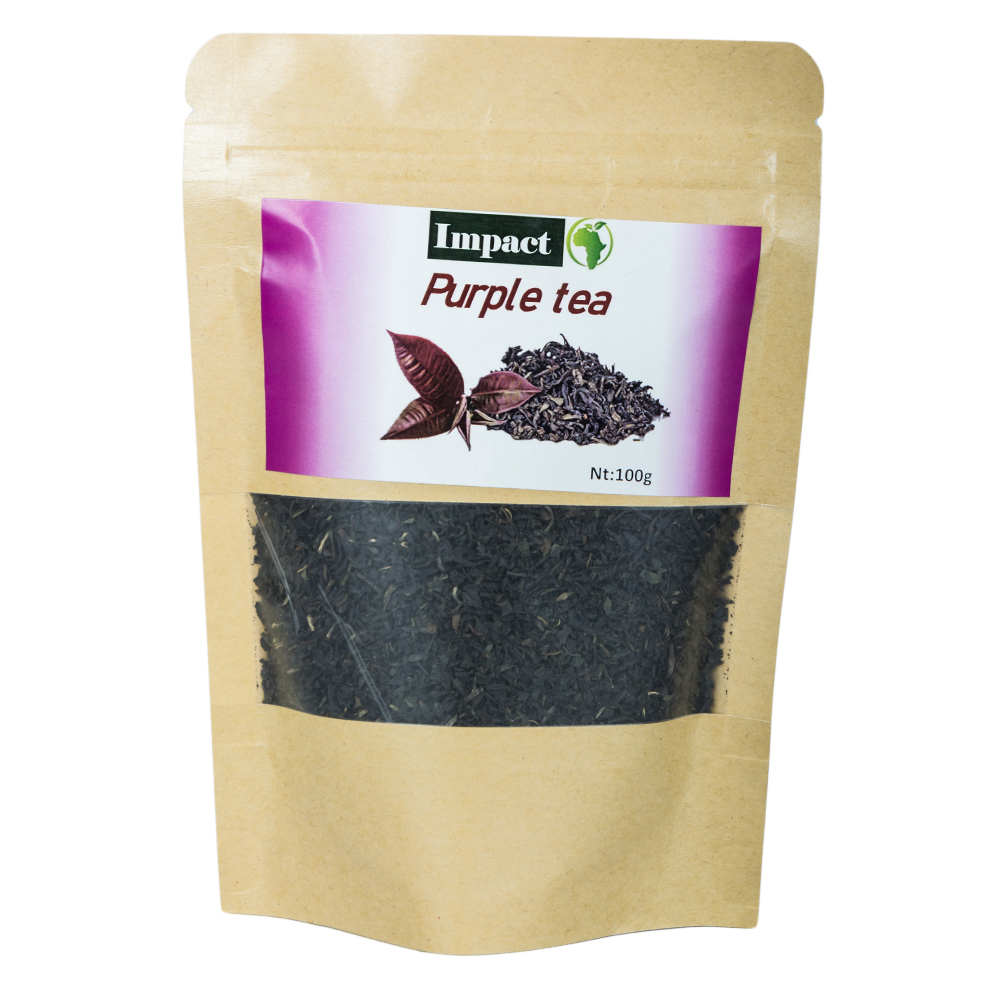
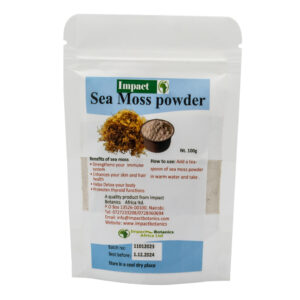
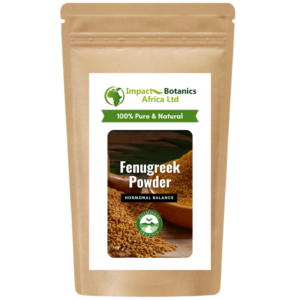
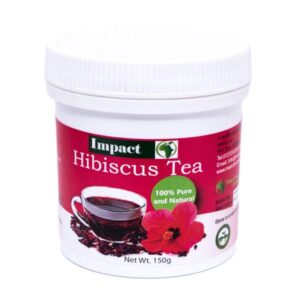
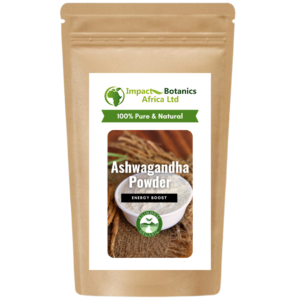
Reviews
There are no reviews yet.